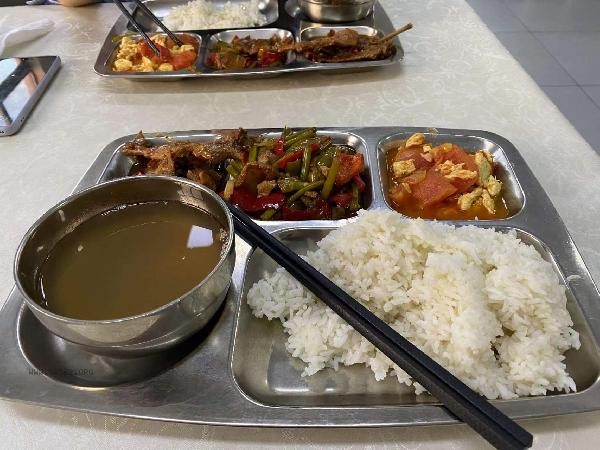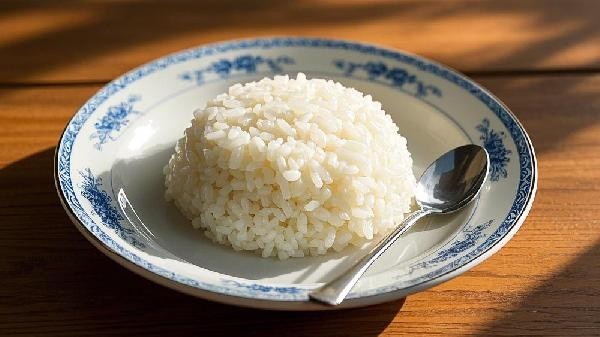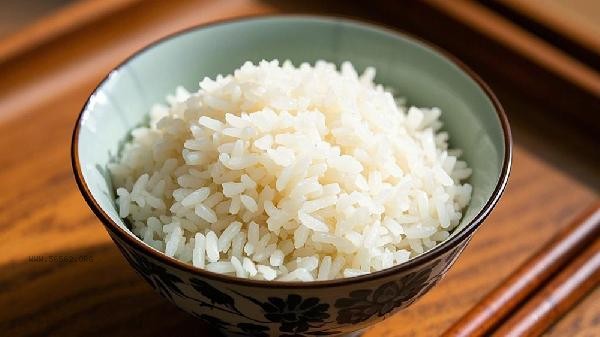Uncooked rice is usually not recommended for consumption. Undercooked rice may contain starch that has not been fully gelatinized, which can lead to indigestion and may also pose a risk of microbial contamination. Uncooked rice has a hard texture due to insufficient starch gelatinization, making it difficult to be effectively broken down by digestive enzymes after entering the gastrointestinal tract. Long term consumption may increase gastrointestinal burden, causing discomfort such as bloating and abdominal pain. Some populations, such as children, the elderly, or those with weaker gastrointestinal function, have poorer tolerance to undercooked rice and may experience symptoms such as diarrhea. Underheated rice may also retain pathogenic microorganisms, such as Bacillus cereus, which rapidly multiply and produce toxins at suitable temperatures.

In special circumstances, consuming a small amount of undercooked rice by mistake usually does not cause serious health problems, but it is necessary to observe whether gastrointestinal discomfort occurs. If only a portion of the rice grains are undercooked, it can be remedied by reheating or microwave heating to ensure that the center temperature reaches 100 degrees Celsius and lasts for sufficient time. Overnight rice stored improperly should be consumed with caution even when reheated to avoid increased risk of nutrient loss or bacterial growth due to repeated heating.

When cooking rice in daily life, it is important to ensure sufficient water is added. When using an electric rice cooker, the standard cooking mode can be selected, while traditional open flame cooking requires sufficient cooking time. It is recommended to simmer for 10-15 minutes after cooking to allow the water to penetrate evenly. Use chopsticks to loosen and check for any undercooked rice grains. If it is found that the rice is not fully cooked, the heating time should be replenished in a timely manner. Be careful to avoid mixing new rice with aged rice, as differences in water absorption can easily lead to uneven heating. Those with poor digestive function can choose easily digested Congee or soft rice to reduce gastrointestinal irritation.










Comments (0)
Leave a Comment
No comments yet
Be the first to share your thoughts!